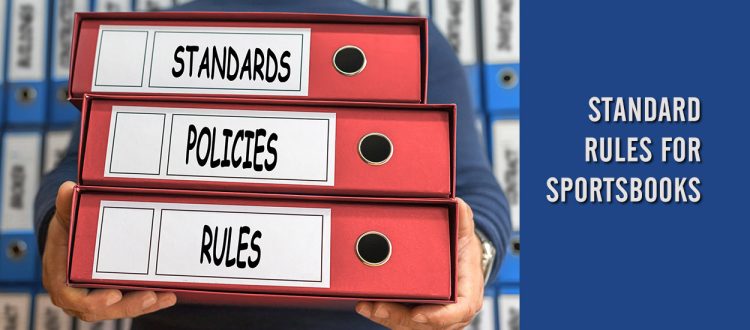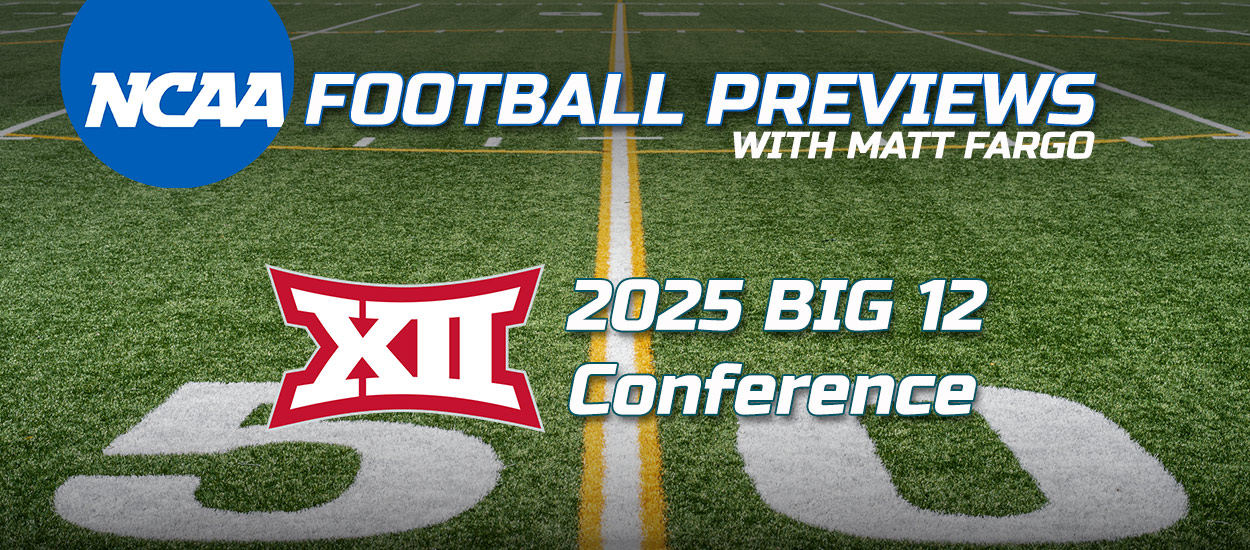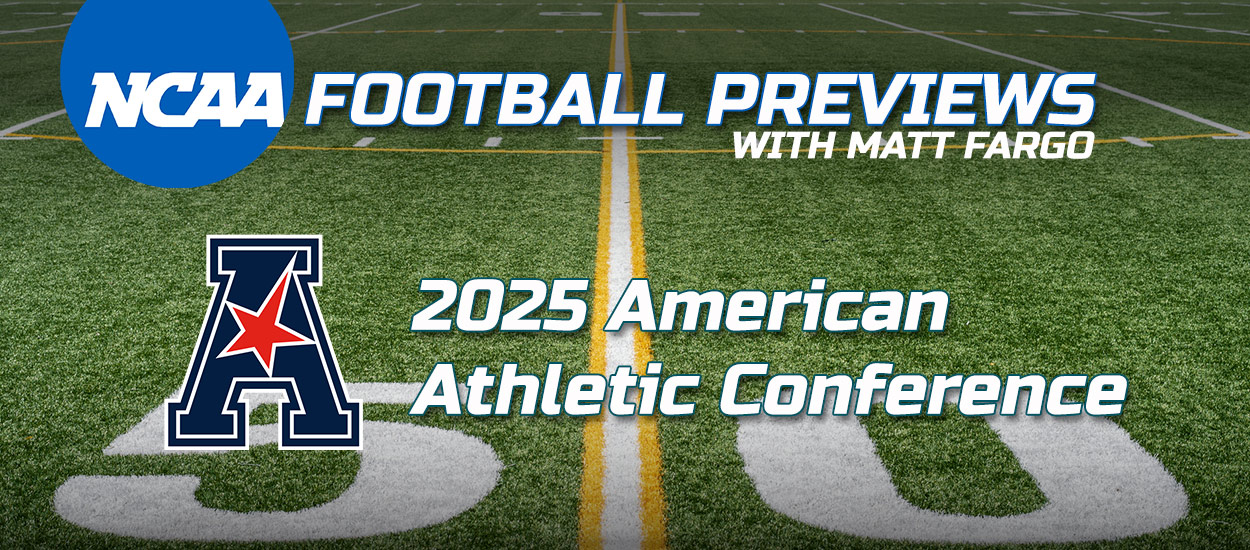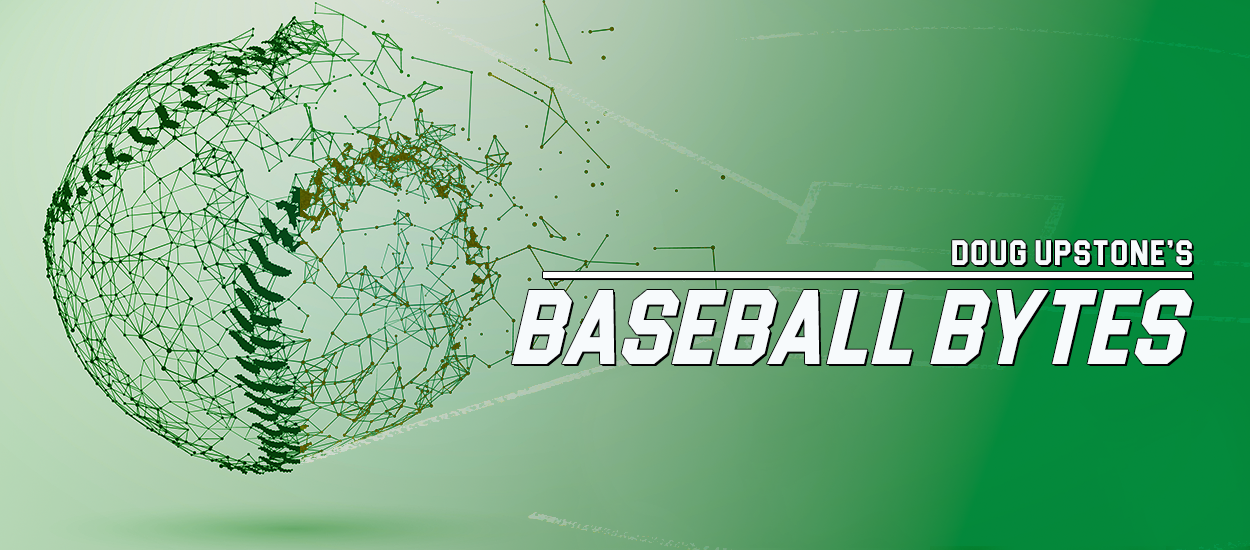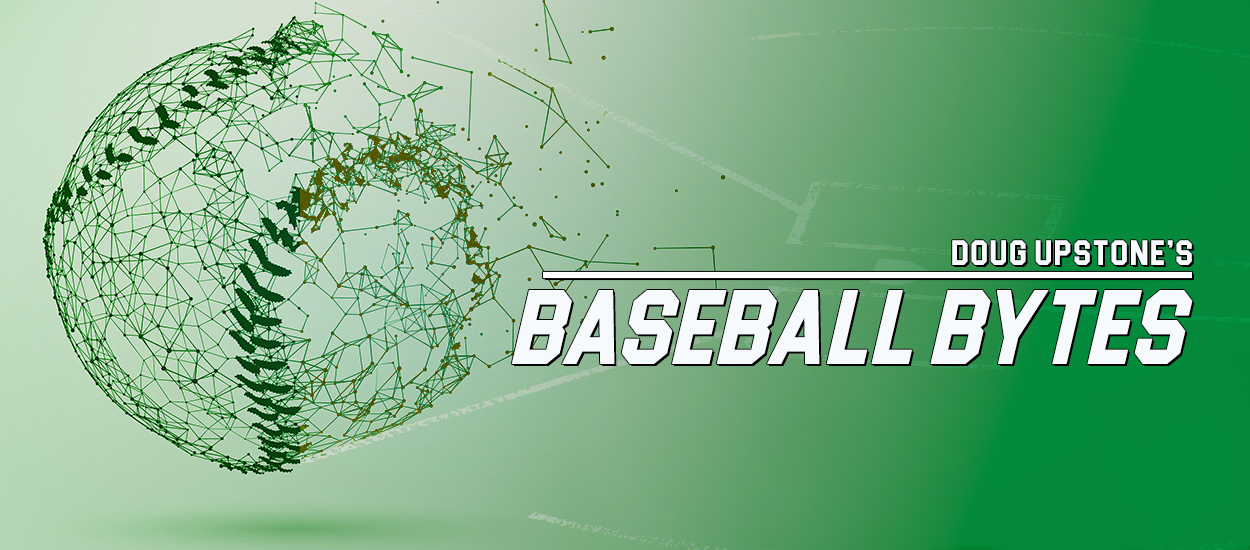Can U.S. sportsbooks agree on grading rules?
Ever since sportsbooks have been licensed and regulated in North America, one of the biggest complaints among bettors located in jurisdictions with multiple sportsbooks is the inconsistency of rules between the sportsbooks. Almost every sportsbook has the same rules with regards to individual games, but how they are applied are often different. And for futures and props, the rules can be quite different.
The most recent example of the latter occurred for season long bets on the Buffalo Bills and Cincinnati Bengals. 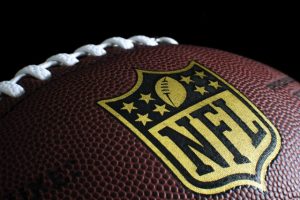 As a result of the cancellation of the Buffalo-Cincinnati game on January 2nd when Damar Hamlin suffered cardiac arrest on the field following a hit, bettors were wondering what would happen to their future wagers on the teams. The answer was that it depended which site you bet with and often which state you lived in.
As a result of the cancellation of the Buffalo-Cincinnati game on January 2nd when Damar Hamlin suffered cardiac arrest on the field following a hit, bettors were wondering what would happen to their future wagers on the teams. The answer was that it depended which site you bet with and often which state you lived in.
BetMGM and BetCaesars voided all season total bets on the websites, along with seasonal props because the rule on their sites stated “17 games must be played for action”. WynnBet, Bet365, DraftKings, PointsBet and a few other sites decided to pay the over for total wins for both teams as the winner as soon as the teams had already passed their respective win totals of 11.5 and 9.5. BetMGM and WynnBet subsequently paid out those who bet the over and refunded those who bet the under as “a goodwill gesture”, although many say the sportsbooks had no choice, since they had applied different rules for those who bet in person at the Las Vegas sportsbooks than they did on their online websites. PointsBet, Bet365 and a few others only paid the over bettors since they said that their rules state that once a team passes the total wins, the over bet is automatically graded as a winner.
Prop bets were treated the same way, although several bettors have indicated on social media that BetCaesars has cancelled all over bets for team wins and props such as total touchdowns, but graded the under bets as losers. I have been unable to verify that from individuals I know with a Caesars account and no one from Caesars got back to me after I emailed them asking for an explanation.
One thing that everyone agrees with, however, is that in states with physical sportsbooks that issue tickets, anyone who bet the under likely already threw away their tickets after the teams passed the season totals or the player passed the prop totals, and without a record they are out of luck even if the sportsbook refunds the under bets. Mind you, this is no different than horse racing bettors who throw away tickets only later to find out that a horse was scratched. And without proof, the racetrack can not issue the refund.
Grading issue not an isolated problem
If this was a rare one-off situation it could be written off as an anomaly, but situations like this happen often. Last year in the Fan Appreciation 400 NASCAR race at Pocono Raceway, Denny Hamlin finished first in the race beating Kyle Busch and Chase Elliott to the line. ![]() Hamlin was paid out almost immediately at every book, but later that evening in a post-race inspection it was determined that Gibbs Racing placed a small piece of tape on both Hamlin and Busch’s cars that were deemed illegal. Consequently, both were disqualified by NASCAR and Elliot was declared the winner. It was the first time ever that a post-race inspection failure resulted in drivers being disqualified instead of the driver or team simply having a points penalty applied. FanDuel, BetMGM, BetRivers, PointsBet and a few other companies deemed that the race was official once the driver went into the winner’s circle, so they only paid Hamlin as the winner while Caesars, WynnBet and Bet365, along with some smaller books regraded the results declaring Elliott the winner and any bets that were paid out for Hamlin bettors after the race were deducted from player accounts. When I asked a customer service rep at Bet365 for an explanation at the time they said, ““Our rules are very clear. Bet365 pays out based on the official results of the governing body. Since the official results have Chase Elliott as the winner that is how they have been graded.”
Hamlin was paid out almost immediately at every book, but later that evening in a post-race inspection it was determined that Gibbs Racing placed a small piece of tape on both Hamlin and Busch’s cars that were deemed illegal. Consequently, both were disqualified by NASCAR and Elliot was declared the winner. It was the first time ever that a post-race inspection failure resulted in drivers being disqualified instead of the driver or team simply having a points penalty applied. FanDuel, BetMGM, BetRivers, PointsBet and a few other companies deemed that the race was official once the driver went into the winner’s circle, so they only paid Hamlin as the winner while Caesars, WynnBet and Bet365, along with some smaller books regraded the results declaring Elliott the winner and any bets that were paid out for Hamlin bettors after the race were deducted from player accounts. When I asked a customer service rep at Bet365 for an explanation at the time they said, ““Our rules are very clear. Bet365 pays out based on the official results of the governing body. Since the official results have Chase Elliott as the winner that is how they have been graded.”
When I asked why Formula1 bets aren’t regraded if a driver is disqualified after a race (it happened a couple of times with top 10 drivers, which affects bets on drivers to finish on the podium or in the points), the rep again pointed me to their rules noting that for Formula1 bets are graded at the time of the podium presentation, even if those aren’t the official results. When I asked why they were inconsistent with their betting rules all they would say was that different sports have different rules and the rules for each sport is a management decision.
To add to the confusion, one sportsbook had over/under win totals for certain drivers and had odds for Denny Hamlin at 2.5 wins. They graded Hamlin the winner in the race, but did not consider that a win for season totals, so they paid the under as the winner for total season wins. After numerous complaints of inconsistency, the book paid both the over and under 2.5 wins on Hamlin.
Soccer, Golf plagued by similar issue
There have been other recent situations where one book paid out differently than others, including the World Cup game between Portugal and Uruguay, when in the 54th minute it appeared Ronaldo scored a goal on a header from a shot by Bruno Fernandes. The goal was attributed to Ronaldo and most books paid him as the winner for various bets, including odds to score a goal in the game and first goal. Several minutes later they showed replays and there were questions as to whether Ronaldo actually touched the ball. After extensive review by replay officials, the goal was taken away from Ronaldo and given to Fernandes. Most books, including all of the European based books, regraded the bet but some U.S. based books decided to pay both Ronaldo and Fernandes since they have rules against regrading bets. At least one sportsbook said they paid both as a goodwill gesture.
Another good will gesture bet settlement occurred at the 2021 Memorial Golf Tournament when John Rahm had a 6-shot lead heading into the final day but was forced to withdraw because he came into contact with someone who had Covid, and he was not vaccinated. DraftKings, MGM and several other books paid as a winner any bets on John Rahm to win the tournament saying the issue was beyond Rahm’s control, while other books such as Bet365 stuck to their guns and only paid Patrick Cantlay as the winner.
 It seems clear that most long time European-based books like Bet365 and 888 will never pay losers as a good will gesture and a friend who works at Bet365 told me that was a decision made long ago by the company so as not to set a precedent. He said that if they want to use the argument that all bets are decided according to their rules and regulations then it will cause a lot of confusion if they pay out a bet that is contrary to the rules one time and not another.
It seems clear that most long time European-based books like Bet365 and 888 will never pay losers as a good will gesture and a friend who works at Bet365 told me that was a decision made long ago by the company so as not to set a precedent. He said that if they want to use the argument that all bets are decided according to their rules and regulations then it will cause a lot of confusion if they pay out a bet that is contrary to the rules one time and not another.
I spoke to bettors in several states asking for their comments and one bettor in Ontario who has accounts with 12 different sportsbooks told me that while he loves the variety of options, the inconsistency drives him crazy:
“I have accounts with all the big names including MGM, Caesars, FanDuel, DraftKings, PointsBet, Rivers, Bet365, Unibet, 888, TheScoreBet and Caesars plus I have accounts with a couple of lesser-known books, namely Coolbet and NorthStar. I looked through their rules and each one seems to have a different set of rules than the others, and a couple of sites don’t even list sport specific rules. Most rules on individual games are consistent such as the rule that a baseball games must go 4 ½ innings to be official if the home team is winning and 5 innings if they are losing and that soccer games must have 90 minutes played to be official but there are so many conflicting rules it drives me nuts. I like betting on tennis. Some of my sites say that one full set must be completed for action, others say that two sets must be completed for action, while most say the whole match must be completed for action. Similarly for hockey games some rules say that 60 minutes must be played, but a couple say it’s official as long as 55 minutes are played. And don’t talk to me about auto racing. There is no consistency and no rhyme nor reason to what each site’s rules are. And that’s only for games, races or competitions. I won’t even get into futures. I bet on Cameron Smith to win the PGA money title last year with three books after he won The British Open. A few of my books graded it a loss when he left for LIV and all his stats were wiped out, while one of them refunded the wager. I complained to one book that I shouldn’t be penalized for something beyond my control, but they just pointed me to their rules that the results are based on the official results of the PGA Tour. Needless to say, with so many options, I stopped using them for futures bets.
What is also maddening to me is that all the sites now offer live in-game betting and the advantage of having so many sites is that it provides a lot of hedging and middling opportunities. But if I have no idea if one site is going to settle bets one way and the other site will settle it a different way, then that opportunity is gone. I’m still not sure how a bet I made on John Tavares to score a goal was graded differently at two sites after a goal was taken away from him long after the game ended. It’s just frustrating.”
 I did talk to an industry analyst to ask if it was possible for all the sportsbooks to get together and come up with one concrete set of rules that every book will follow, regardless of where they are located, and he said it was unlikely because each book has a different philosophy:
I did talk to an industry analyst to ask if it was possible for all the sportsbooks to get together and come up with one concrete set of rules that every book will follow, regardless of where they are located, and he said it was unlikely because each book has a different philosophy:
“UK based books have been doing this for so long and they know all the fallout that comes when you don’t stick exactly to the rules whereas some of the newer North American sites are looking to acquire bettors and they believe the best way of doing so is by offering multiple incentives and good will gestures. So, they will be willing to ignore the rules far more than UK or even Australian owned sites will. On top of that, often different sets of rules benefit the sportsbook. They all know their customers and the customers for say a BetCaesars may have a completely different betting pattern than at a BetMGM. This will be determined before launch from betting patterns in Vegas and also with some free play betting they offer prior to the official launch. Naturally, in situations where a book has some discretion in setting the rules, they will want to create ones that benefit them based on their customer’s betting patterns because in the end the only thing sportsbook managers and shareholders care about is profit.”
There are currently 31 states including Washington D.C. that offer some form of sports betting and that number will only increase. Plus, states with betting limited to only one operator will almost certainly create an open market at some point. Ontario is the only Canadian province with an open betting market, but that will change too as some provinces will follow Ontario’s lead. It behooves all the betting companies to get together and create a set of rules for betting that will satisfy them all and avoid confusion among bettors. Will that happen? Can that happen? It’s doubtful, but before 2017 nobody would have believed that the U.S. would embrace sports betting, so anything is possible. It will, however, require very competitive companies to work together and that could be the big sticking point.
Read insights from Hartley Henderson here at GamblersWORLD!

